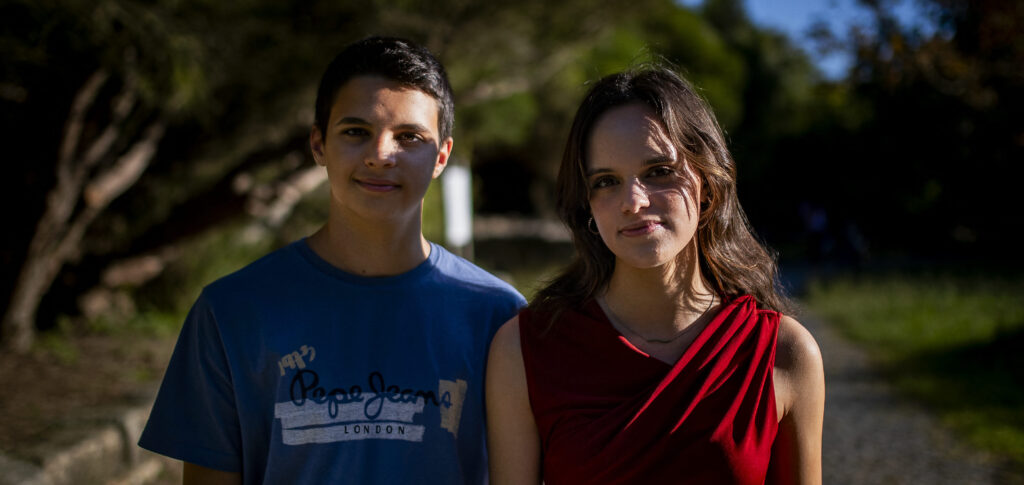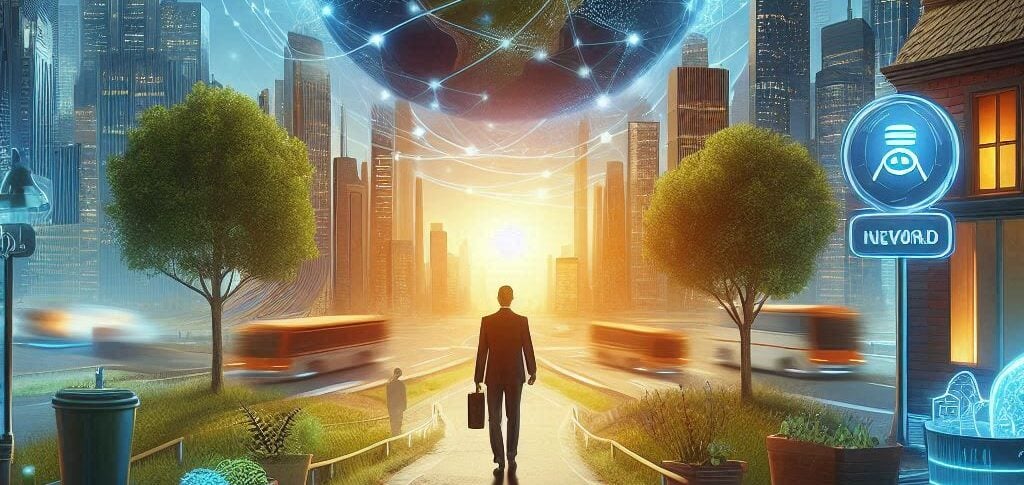“It was terribly scary,” says this 24-year-old nurse, resident of Leiria, in the center, a region devastated by forest fires in 2017.
ADVERTISING
The young woman says that “it was this anxiety that led me to act”, before her complaint was analyzed at the European Court of Human Rights (ECtHR).
Like the other plaintiffs, Claudia estimates that the heat waves and forest fires that hit her country every year are a direct result of climate warming.
“Justice has a lot of power, so we wanted to make our voice heard through this means”, explains Sofia Oliveira to AFP, who wanted to “leave this world” after the “commotion” caused by the fires responsible for more than 100 deaths.
ADVERTISING
“We want our case to lead governments to act”, insists the 18-year-old student, who lives in Lisbon.
Emblematic for the number of authors and defendants, the case will be analyzed by the ECtHR on September 27, in Strasbourg (eastern France).
The 32 European states are accused of not having done enough to reduce their greenhouse gas emissions, in this complaint made by six young people, aged 11 to 24.
ADVERTISING
“Young people have already filed climate change lawsuits before other courts around the world, but this is the first time before the ECtHR and it is the first time that an issue linked to the rights of young people has been heard”, explains to AFP the lawyer representing them, Gerry Liston , who works at the British NGO Global Legal Action Network (GLAN).
“There are solutions”
A victory in this case would be a turning point, because the requested decision would be “legally binding”, Liston maintains.
At the origin of the process is a GLAN volunteer jurist, Rita Mota, who suggested the idea of filing a complaint with her cousin, Claudia Agostinho.
ADVERTISING
She was joined by her brother Martim (20 years old), her sister Mariana (11 years old) and her neighbor Catarina Mota (23 years old). The group would be completed by Sofia Oliveira and her brother André (15 years old), whose father is a friend of Mota, the militant jurist.
“They are completely normal young people. They were not recruited,” Rita Mota told AFP. “They were the ones who told me they hoped they could do something so this wouldn’t happen again,” she adds.
The complaint was filed in 2020. Over the years, they learned to defend their cause.
ADVERTISING
At the time, however, the whirlwind of school strikes and huge youth climate marches had not yet happened, and things were moving slowly.
“GLAN is a small organization. I needed a fundraising campaign” and “drag young people to talk to journalists”.
“The fact that they are able to act in a concrete and tangible way gives them, I believe, a less important feeling of impotence,” says Mota.
“We want to show that there are solutions, that we can still change and that we don't have to give up”, says Sofia, proud to receive the support of Greta Thunberg and Leonardo di Caprio, for example.
“Right to a healthy life”
“If our case is taken into account, there will be sanctions for governments that do not comply with their promessas. Because people’s lives are at stake”, says Sofia’s brother, André.
The teenager is asthmatic and cannot play sports if it is too hot. “This is getting worse and worse, and we are increasingly afraid,” he highlights.
“This will be even worse for our children's generation and we cannot allow that”, adds the student, who became aware of the climate crisis from a young age when talking to his parents, who graduated in biology.
Claudia, the oldest of the complainants, speaks of her family's attachment to an abandoned rural world and her responsibility for the children's future.
“Measures must be taken to guarantee the right to a healthy life, which is the most basic right of any human being. That's all we ask of governments. It’s the basics”, highlights the nurse.
Read also
* The text of this article was partially generated by artificial intelligence tools, state-of-the-art language models that assist in the preparation, review, translation and summarization of texts. Text entries were created by the Curto News and responses from AI tools were used to improve the final content.
It is important to highlight that AI tools are just tools, and the final responsibility for the published content lies with the Curto News. By using these tools responsibly and ethically, our objective is to expand communication possibilities and democratize access to quality information. 🤖




